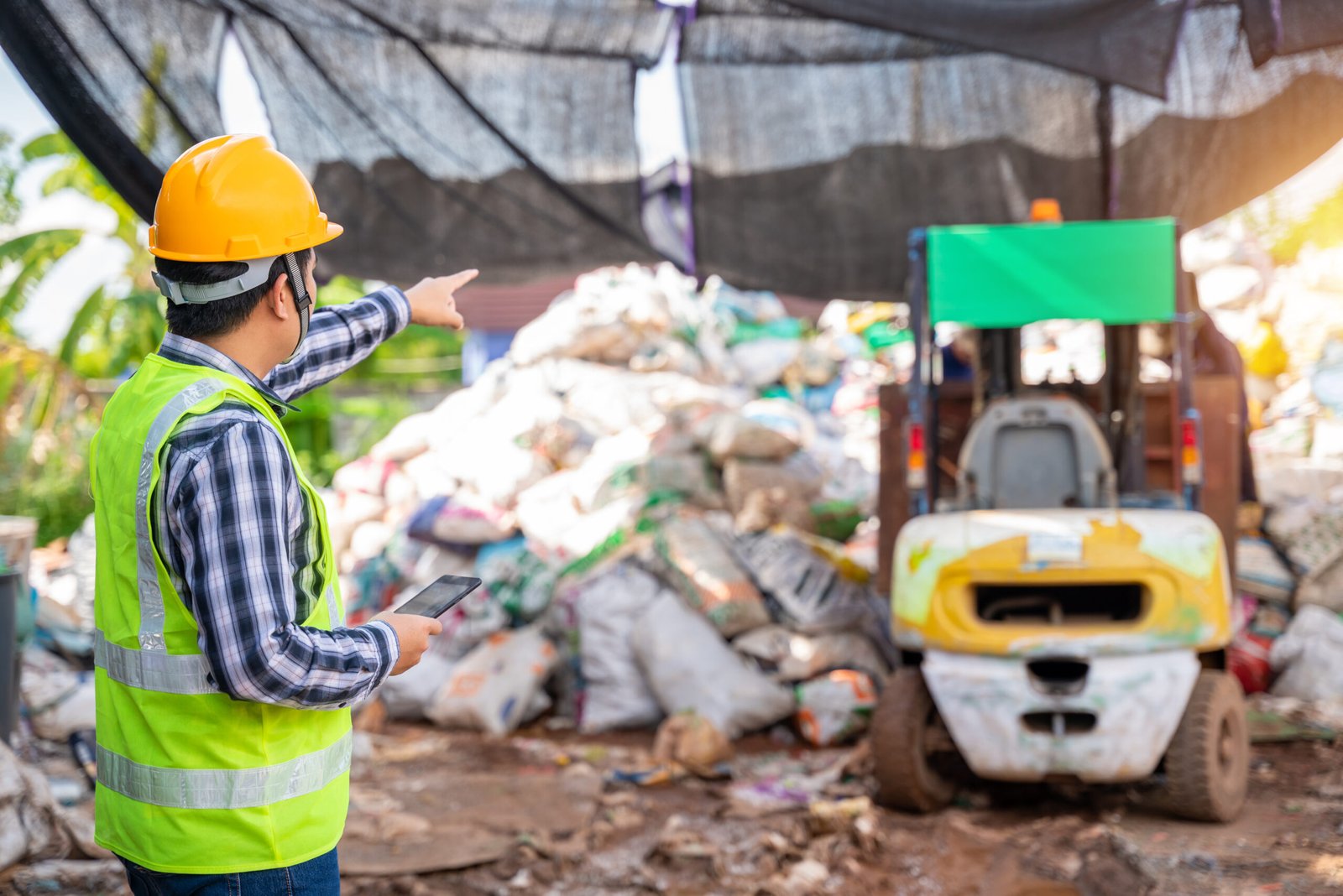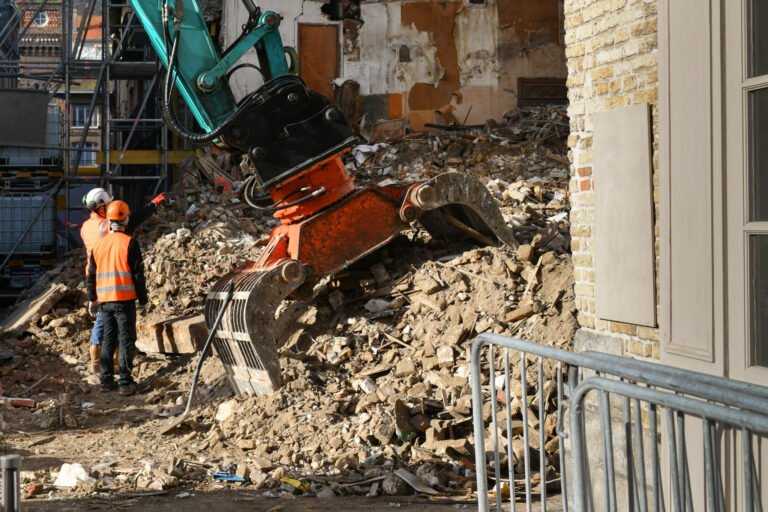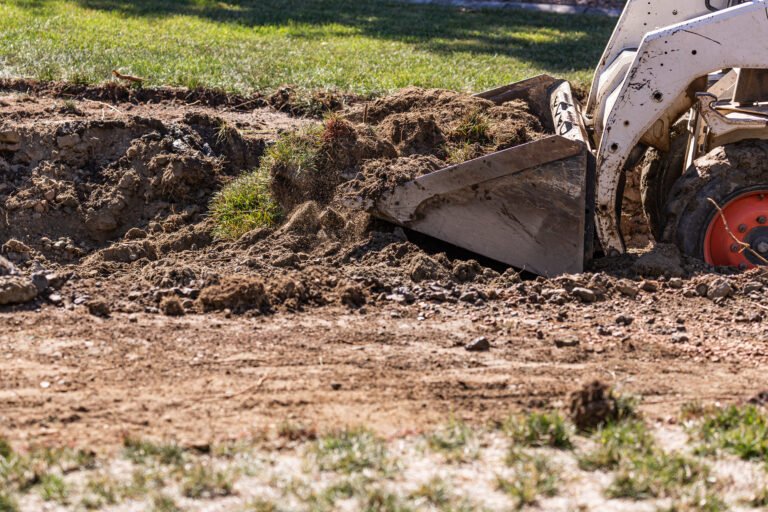The Role of Recycling in Demolition: Sustainable Deconstruction Practices
The ever-growing construction industry has increasingly recognized the importance of sustainable practices in reducing environmental impacts. Demolition, an essential aspect of construction projects, creates a significant amount of waste that can have negative consequences on the environment. This has led to an emphasis on the role of recycling in demolition as a key element in promoting sustainability and adhering to waste management best practices.
In recent years, the construction and demolition waste (C&DW) generated during demolition processes has been identified as a major environmental challenge. Effective recycling and reuse of these materials not only helps conserve natural resources, but also reduces greenhouse gas emissions by decreasing the amount of waste destined for landfills. The implementation of recycling methods in demolition allows companies to better manage the waste generated, thus minimizing environmental impacts and promoting sustainability.
Adopting a strategic approach to recycling in demolition projects involves incorporating environmental considerations at every stage of the project, from planning and design to execution and disposal. By adhering to sustainable waste management practices such as identifying recyclable materials, segregating waste at the source, and utilizing recycling technologies, the construction industry can play a significant role in conserving resources, reducing pollution, and building a more sustainable future.
Understanding Recycling in Demolition
Importance of Recycling in Waste Management
The demolition industry generates a significant amount of waste, making recycling an essential process in waste management. Recycling demolition waste reduces the amount of material sent to landfills, minimizes the consumption of natural resources, and lowers greenhouse gas emissions. The Environmental Protection Agency (EPA) actively promotes recycling in the demolition process to help achieve a sustainable environment.
Types of Recyclable Demolition Materials
Several types of materials can be recycled during demolition:
- Concrete: It can be crushed and processed into aggregate for new construction projects, reducing the need for extracting raw materials.
- Wood: Reusable wood can be repurposed or processed into wood chips, mulch, or biomass fuel.
- Metals: Both ferrous and non-ferrous metals can be recycled and reused in the production of new products.
- Bricks: These can be cleaned and reused in new construction or ground into materials for road construction.
- Construction Materials: Other materials like glass, plastics, and insulation can be sorted and sent to recycling plants for processing and reuse.
By utilizing recycling plants to process demolition materials, the industry ensures a continuous loop of material reuse, minimizing waste generation and reducing the overall environmental impact.
Regulatory Compliance and Guidance
Compliance with regulations and guidance from the EPA and other regulatory authorities is critical in ensuring proper recycling of demolition waste. Some key aspects to consider are:
- Hazardous Materials: The demolition process may involve handling hazardous materials such as asbestos, lead-based paint, and chemicals. Proper handling and disposal of these materials are crucial to minimizing health and environmental risks.
- Waste Management Plans: Demolition contractors must develop and implement waste management plans that address recycling goals and methods, as well as facility selection and transportation.
- EPA Guidance: The Environmental Protection Agency has published various guidance documents and resources to assist the demolition and recycling industry in adopting sustainable practices.
Complying with these guidelines and regulations contributes to a responsible and environmentally friendly demolition process, ensuring a sustainable future for the industry and the environment.
Advancing Sustainability in Demolition Practices
Environmentally Responsible Demolition
In recent years, the construction and demolition industry has increasingly adopted environmentally responsible practices. Efforts have been made to minimize the harmful effects of demolition activities on the environment, focusing on resource conservation and waste reduction. Sustainable demolition techniques contribute to the circular economy by prioritizing material reuse and recycling. These practices lead to significant reductions in greenhouse gas emissions, lower energy consumption, and decreased landfilling.
There are various strategies for greening demolition processes, including selective dismantling, salvage, and material segregation. Selective dismantling allows for efficient separation of materials and components. Salvage practices aim to recover and reuse valuable materials and products, supporting a sustainable development approach. Material segregation helps to sort materials for recycling, which can be turned into new products, thus reducing virgin material extraction.
Innovations in Recycling Technologies
Recent advancements in recycling technologies have greatly improved the ability to recycle demolition waste. Innovative recycling techniques allow for a higher percentage of materials to be extracted from waste, resulting in a decreased reliance on virgin resources, reduced energy consumption, and minimized environmental impacts.
Some of the most notable innovations include:
- Advanced crushing and screening equipment: These machines increase the efficiency of recycling aggregates, metals, and other materials from demolition waste, producing high-quality end products for reuse in construction.
- Smart waste sorting technologies: Combining computer vision, machine learning, and robotics, these systems can accurately segregate waste into different recycling streams, maximizing recycling rates.
- Closed-loop recycling processes: They enable the continuous recycling of materials, ensuring minimal waste generation and reducing overall energy consumption.
Economic and Environmental Benefits
Environmentally responsible demolition and recycling practices bring significant economic and environmental benefits. Embracing these practices can lead to cost savings on multiple fronts, including reduced disposal costs, revenue generation from selling recyclable materials, and savings on new construction materials through the reuse of recovered components.
Moreover, the environmental benefits of adopting these practices are extensive:
- Waste reduction: Diverting demolition waste from landfills to recycling facilities, minimizing landfill space consumption, and associated pollution risks.
- Greenhouse gas emissions reduction: Decreasing emissions from energy-intensive processes such as the production of new materials, and minimizing transportation distances between disposal and recycling sites.
- Natural resource conservation: Reducing the demand for virgin materials in construction projects, preserving finite natural resources, and promoting biodiversity.
- Energy savings: Utilizing recycled materials consumes less energy compared to the extraction and production of new materials, leading to overall energy savings.
In conclusion, advancing sustainability in demolition practices is an essential part of transitioning towards a more environmentally responsible and resource-efficient future. Incorporating innovative recycling technologies and embracing sustainable strategies can lead to significant economic and environmental benefits while contributing to the global circular economy.







